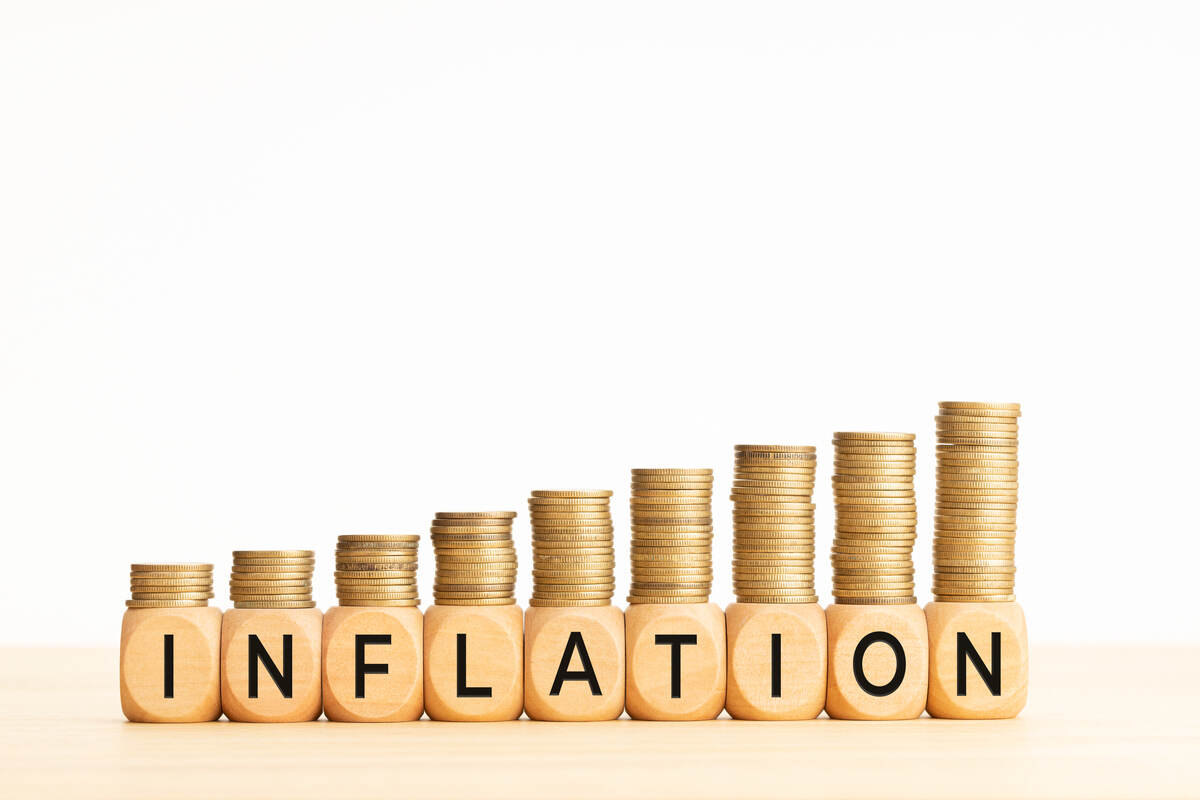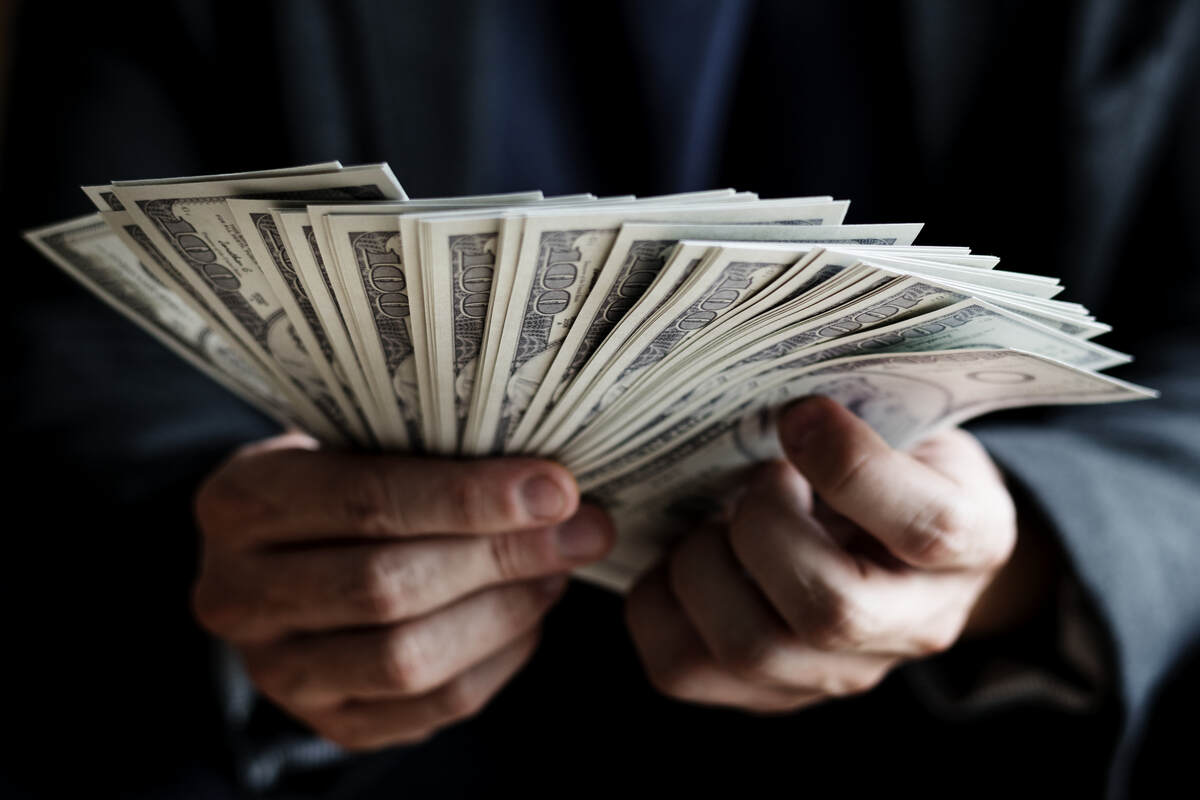A Comprehensive Guide to Currency Appreciation & Depreciation
From exchanging goods, through paying with precious metals, then using currencies backed by gold, we’ve now come to using currencies backed by nothing tangible. Yes, currencies are backed by the economic stability of the issuing government, but even that is an intangible concept. Since a country’s stability impacts the investment demand, there are many reasons that can affect currency value, leading to currency appreciation and depreciation.
Confused? We can help you. Navigate the complex world of currency management with the help of our comprehensive guide that explains complex economic terms, as well as the causes and effects of changes in a currency in a way that is easy to understand.
Appreciation Definition In Economics: What Is Currency Appreciation?
In economics, the term currency appreciation describes the exchange rate movements induced by market fluctuations. Currency appreciation happens in a floating exchange rate system, so the value of a currency is not measured in absolute terms. It is always measured relative to the currency being measured against it. Thus, currency appreciates when its value increases with respect to the value of another currency or a “basket” of other currencies.
In layman’s terms, a currency appreciates when the value of one currency goes up compared to another.
What Causes Appreciation of Currency?
In a floating exchange rate system, the value of a currency constantly changes based on supply and demand in the foreign exchange market. Appreciation is directly linked to demand. If the value appreciates (or goes up), the demand for the currency also rises. So, a currency's value appreciates/goes up if the demand for it goes up more than the supply does.
In the short run, currencies can appreciate compared to each other unpredictably for a variety of reasons, including the balance of trade, political stability, government policy, interest rates, speculation, or other factors involved in the international capital market. However, two of the most important factors that cause currency appreciation are:
- Inflation and interest rates
Inflation “eats away” the purchasing power of a country’s currency. Where low inflation rates persist, central banks tend to cut interest rates to try and stimulate spending in the economy. On the other hand, a lower inflation rate causes higher interest rates which will, in turn, attract more international investment in an economy and appreciate the demand for domestic currency. Every country’s central bank primarily decides on the Interest rates for that country, as they are responsible for maintaining a healthy economic balance.
- Investor sentiment
Currencies can also appreciate depending on how “safe” investors view the country’s central bank and government, as investors’ sentiment largely influences the demand and supply for domestic currency in an international market.
For example, Switzerland has long been considered a “safe haven” for investors, which means the currency appreciates in times of economic crisis. This is because of its historic neutrality in wars and tendency toward political stability, relatively free monetary policy, and openness to foreign investment. These policies have made the Swiss franc one of the most heavily-traded currencies in the world.
Example of Currency Appreciation
How does currency appreciation work? As you now know, currency appreciation is the increase in the value of one currency compared to another. Thus, for example, if the EUR-USD exchange rate moves from 1.00 to 1.15, it means that the euro has appreciated by 15% against the U.S. dollar.
Ready to sell?
Are you ready to sell your currency? Stop waiting and request a Shipping Kit. We will provide everything you need to ship and receive funds for currencies you own.
Currency Appreciation Effects
When a country's currency appreciates, it can have a number of different effects on the economy. Here are a few of the most common currency appreciation effects:
1. Exchange rates
Short-term changes in the value of a currency are reflected in changes in the exchange rate. If a currency’s demand increases, it leads to currency appreciation and an increase in its value (purchasing power).
2. Import costs
When a country's currency appreciates in relation to foreign currencies, foreign goods become cheaper in the domestic market. Currency appreciation makes foreign products cheaper for domestic buyers, thus encouraging import shipments and enabling the buyers to buy more international goods. However, it also means that local companies will face greater competitive pressure on domestic prices in their home markets from foreign companies selling.
3. Export costs
Conversely, currency appreciation makes domestic products more expensive for foreign buyers, weakening exports and thus, lowering the GDP (gross domestic product). Faced with an appreciation of the currency, exporters in such situations might attempt to raise selling prices abroad to boost their margins, but they would likely see a fall in export sales.
4. Inflation
Appreciation of currency can also lower the inflation rate because with the imports becoming cheaper, the aggregate demand will also tend to fall to an extent.
Definition of Currency Depreciation
What is currency depreciation? Currency depreciation is the opposite of currency appreciation - it is a fall in the value of a currency in a floating exchange rate system. Currency depreciates when its value falls with respect to the value of another currency or a basket of other currencies. Countries with weak economic fundamentals, such as chronic current account deficits and high inflation rates, generally have depreciating currencies.
What Causes Depreciation of Currency?

What causes a currency to depreciate? The origins of currency depreciation are many, just like with currency appreciation – a crumbling economy, falling interest rates, political instability, risk aversion among investors, etc. However, easy monetary policy and high inflation are two of the leading causes of currency depreciation:
• Monetary policy
Expansionary monetary policy causes an increase in GNP, thus a depreciation of the currency. A low-interest-rate environment leads to a net outflow of hot money, and expected interest rate differentials can therefore trigger a bout of currency depreciation.
• Inflation
Inflation can also easily lead to higher input costs for export, which makes a nation’s exports less competitive in global markets, widening the trade deficit and causing the currency to depreciate. While higher inflation is combated with central banks increasing interest rates, too much inflation is seen as a threat to stability, hence the likelihood of currency depreciation.
Currency Depreciation Example
A practical example of currency depreciation would be a surge in purchases of foreign goods by home country residents, which will cause a surge in demand for foreign currency with which to pay for those goods, causing a depreciation of the domestic currency.
Here’s an example of depreciation of the currency in the exchange rate – let’s say GBP/USD was trading at 1.2700. If the price of GBP/USD rises from 1.2700 to 1.5000, the dollar would be said to have depreciated in value, and the pound would have appreciated in value – as you would now need more dollars to buy the same number of pounds. People would usually refer to this as one currency becoming “stronger” and the other one becoming “weaker.”
A real-life example of currency depreciation would be the impact of the (in)famous 2016 “Brexit” on the value of the British pound, which experienced significant volatility and at times depreciated rapidly against the dollar.
Currency Depreciation Effects
A depreciation of a domestic currency has the opposite effects as currency depreciation.
1. Exchange rate
When currency depreciation occurs, the exchange rates of that currency become weaker.
2. Export costs
Currency depreciation will also make a country’s exports more competitive, consequentially increasing exporters’ profits and the volume of the country’s exports.
3. Import costs
If a currency depreciates, the country’s residents will find that imported goods are very expensive, and they will prefer to switch to buying goods produced domestically, thus lowering the volume of imports.
To sum it up, currency depreciation helps domestic exporters and improves domestic growth prospects but causes higher prices and inflation.
Currency Manipulation: Intentionally Devaluing a Currency

Currency manipulation refers to a country's aggregate actions to artificially devalue its currency to boost the appeal of its exported goods. The reason for devaluing a currency is straightforward – a lower value of a country’s currency makes its products cheaper, making its exports more attractive to consumers around the world, giving them an (unfair) advantage in international trade.
Depreciation VS Appreciation of Currency: Understanding the Difference
There is no optimal value for a currency. Currency rates are subject to the ebb and flow - currency appreciation and currency depreciation that correspond with the underlying economies and market forces. In the short run, currency appreciations and depreciations are driven by changes in demand and supply for a currency in the foreign exchange market. In the long run, the currency is determined by the country's inflation rate and economic growth.
An economy experiencing growth results in a currency appreciating, and the exchange rate adjusts accordingly. A country with a weakening economy may experience currency depreciation, which also affects the exchange rate, respectfully.
The Benefits and Downsides of Currency Appreciation and Depreciation
When it comes to both currency appreciation and depreciation – nothing is black or white. There are advantages and disadvantages in both cases, depending on the perspective.
n appreciation of the currency is beneficial if it is caused by the economy becoming more productive and competitive. However, if the currency appreciation is due to speculation, it could be harmful as it would be hard for exporters to compete. A well-known example of this situation is when Switzerland intervened to prevent the Swiss franc from becoming too strong in the recent Euro crisis.
A depreciation of a currency can be beneficial if the economy is uncompetitive and stuck in a recession because it helps increase the export demand and opens up work opportunities. In a recession, inflation is unlikely to be a problem. However, in a boom, a devaluation could lead to inflation, and currency depreciation can reduce living standards as imports become more expensive.
In a nutshell, currency appreciation benefits consumers, as it makes foreign goods cheaper, but it harms national producers who face greater competition with foreign ones. A depreciation has the opposite effect.
If a country relies on imported goods, currency depreciation can reduce living standards, weaken economic growth, and increase inflation. However, depreciation can also strengthen domestic producers and increase aggregate output, making it a standard policy option to facilitate economic recoveries.
Scaling It Down
While changes in currency are mostly unpredictable and out of your hands, you can lessen the impact of currency appreciation or depreciation on you by knowing when to buy or sell currencies at the most competitive rates, through a safe transaction, and without wasting any time. We cannot advise on when the right time to buy or sell is, but we can enable you to do it safely and instantaneously, from the comfort of your home.
At US First Exchange, you can exchange over 20 different exotic currencies. You can exchange everything from the Japanese yen to the Mexican peso. Place your order, pay by credit card, bank draft, or money wire and fresh, crips banknotes will be delivered to your door within 24 – 48 hours.
Ready to buy?
Are you ready to buy your currency? Stop waiting and request a Shipping Kit. We will provide everything you need to ship and receive funds for currencies you own.


